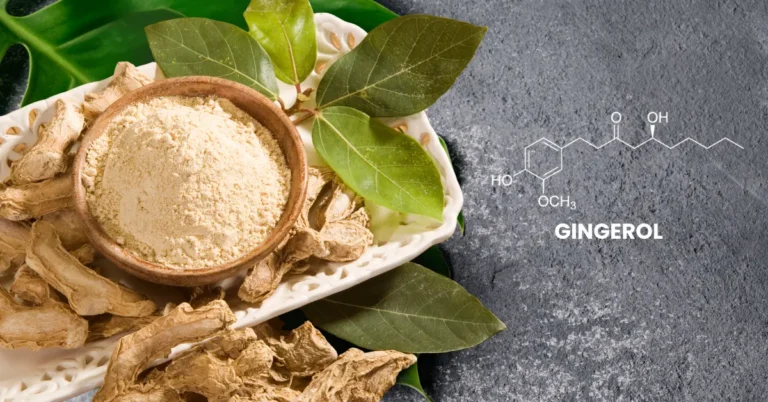- Written by Dr Ayush verma, Consultant at UWAY Health
The monsoon season is a welcome relief from the scorching summer heat, but it also brings with it a significant increase in cough and cold cases. From children to adults, no age group is spared. While most people attribute this to simply getting drenched in the rain, the truth is that there’s a lot more happening inside your body and in the environment during these months.
This blog explores why cough and cold are more prevalent during monsoon, and how you can manage them with natural remedies that are not just traditional, but also supported by modern scientific research.
Why Monsoon = More Cough & Cold?
Monsoon changes the environment in ways that directly impact respiratory health:
- High Humidity – Increases the survival of viruses and bacteria in the air.
- Sudden Temperature Changes – Moving between cold, air-conditioned spaces and the humid outdoors weakens respiratory mucosa.
- Dampness – Creates breeding grounds for fungi and allergens that can irritate the respiratory tract.
- Crowded Indoor Spaces – People tend to stay indoors, leading to easier spread of respiratory infections.
According to the World Health Organization (WHO), respiratory tract infections can increase by up to 40% during monsoon months in tropical countries like India.
Understanding the Types of cough
- Dry cough – Throat irritation, often viral, non-productive.
- Wet cough – Mucus production, often bacterial or secondary infection.
Knowing the type helps you pick the right home remedies for cough and cold.
Research-Backed Home Remedies
1. Dry Ginger Powder (Shunthi)
- Use: Add ½ tsp dry ginger powder in warm water with honey — sip twice daily.
• Why it works: Contains-Gingerol and Shogaol — reduce throat inflammation and act as natural cough suppressants. (cough suppressant and anti-inflammatory properties ) (Journal of Ethnopharmacology, 2020).

2. Tulsi (Ocimum sanctum)
• Use: Chew 4–5 Tulsi leaves or boil in water to make a herbal tea.
• Why it works: Rich in eugenol and ursolic acid, it has anti-viral activity against respiratory viruses, and it is well known for antimicrobial, anti-inflammatory, immune modulatory, antioxidant, and cardioprotective properties. (Frontiers in Pharmacology, 2021).

3. Black Pepper (Piper nigrum)
- Use: Add a pinch of black pepper to turmeric milk.
- Why it works: Piperine enhances mucus clearance and boosts bioavailability of other herbs , making remedies more effectice. (Phytotherapy Research, 2019).

4. Turmeric (Curcuma longa)
- Use: ½ tsp turmeric in warm milk and drink at night.
- Why it works: Curcumin is a powerful anti-inflammatory and boosts immunity, helping prevent frequent colds. (Clinical Immunology, 2018).

Quick Prevention Tips for Monsoon Cough & Cold
Prevention is just as important as remedies. Here are a few simple lifestyle adjustments to reduce risk:
- Keep your throat warm — avoid chilled and refrigerated foods.
- Use steam inhalation with a few drops of eucalyptus oil to keep airways clear.
- Stay hydrated — prefer warm water over cold.
- Avoid wearing damp clothes or shoes for extended periods.
- Ensure proper ventilation indoors to reduce mold and allergens.
These steps help in how to prevent cold in monsoon effectively.
Key Takeaway
Cough and cold in monsoon are preventable and manageable with the right care. Instead of thinking about “home remedies vs modern medicine,” the best approach is a blend of Ayurvedic remedies validated by modern science.
So this rainy season, protect yourself with the power of ginger, tulsi, black pepper, and turmeric, while following simple lifestyle changes. Together, they form the best defense against monsoon cough and cold.
About Author

Dr Ayush Verma
Dr. Ayush Verma is a young and committed Ayurvedic physician with hands-on clinical experience across both Ayurvedic and modern healthcare systems. He completed his BAMS from the Government Ayurvedic Medical College in Akhnoor, Ja







